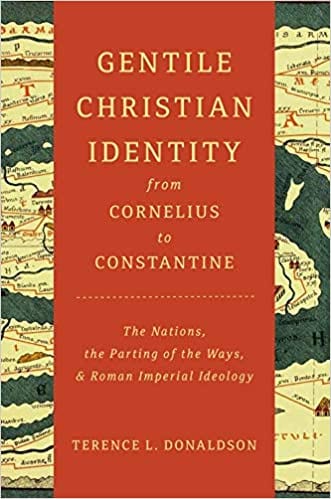Q. How then do we move forward, taking all this into account? A. One way of moving forward is to say that this approach doesn’t make the kind of sharp distinction between scripture and tradition that has often been made. The church in each subsequent historical and cultural context has necessarily been engaged in the same three-level enterprise of social world construction and maintenance: proclaiming and articulating the gospel as the convictional core of the church’s identity; engaging in... Read more









